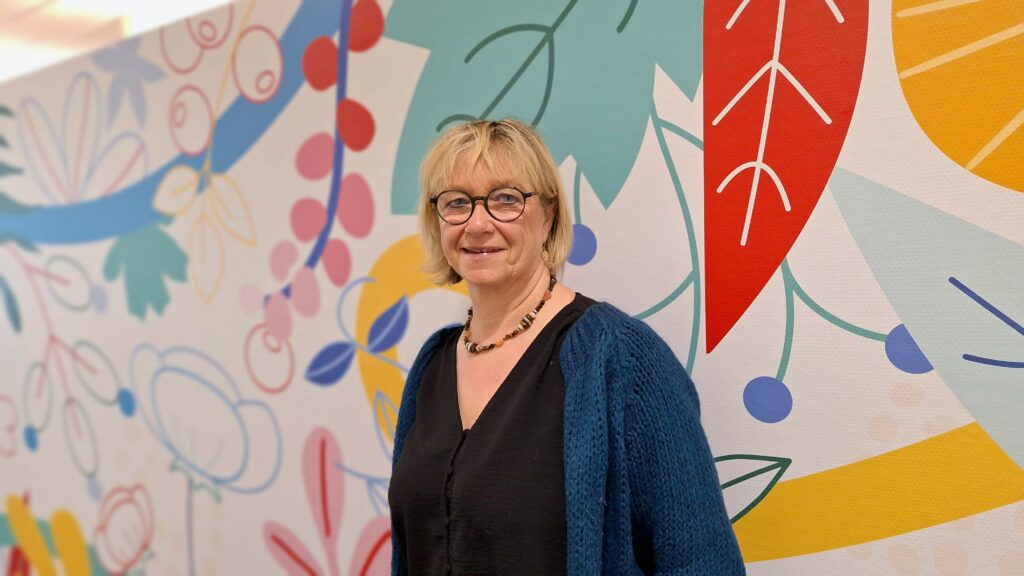08 May 2024

On 8 May, World Red Cross Day, we would like to highlight the career of Anne Clarinval, a social worker with the Käerjeng Social Office, dedicated to providing essential social support to individuals and their families.
Through her work in the local community, Anne embodies the very essence of humanism, offering help to the most vulnerable. Her role within the Käerjeng Social Office is crucial in providing essential support to those who need it most.
Can you tell me about your career with the Luxembourg Red Cross?
I started my career as a social worker on 1 April 1990 with the Service Régional d’Action Sociale, run by the Red Cross in collaboration with the Ligue de Prévention et d’Action Médico-Sociale. After eleven years of service, I chose to join the Red Cross Local Social Service, where I worked until it was disbanded in 2010.
After that, I wanted to help out at the Red Cross’s local social services department, as a social worker for the Luxembourg City railway station area, and the three of us shared the duty shift for homeless people. I remained involved with the service until it was disbanded in 2010. At that time, the emergence of social offices in each municipality, in accordance with a new law, made our service obsolete. The Red Cross has had to take numerous steps with the local authorities to ensure that we can continue our mission.
So I joined the Red Cross’s Project Coordination Intervention Service before moving to the Ieweschte Syrdall Social Office in Contern in 2013. After several years in Contern, I joined the Käerjeng Social Office in 2023, where I continue to work as a social worker.
The Red Cross will continue to adapt in a compassionate way to meet the challenges of climate change-related conflicts and disasters around the world.
Anne Clarinval

Tell us about an outstanding moment that you experienced within the Red Cross?
A key moment in my career was when subsidies for local social services were cut and the social offices were created. It was an anxious time of uncertainty, especially after working for twenty years with a team that had become a bit like a second family. Despite my reluctance to change, we had to adapt. Fortunately, we still maintain strong links through joint training and sharing, bringing together old and new colleagues in a spirit of continuity and solidarity.
How do you see the future development of the Luxembourg Red Cross?
. In terms of our work with social agencies, we are currently able to provide valuable support to people in need. However, we must be aware that our financial resources may be more limited in the future.
Although I don’t foresee any major upheavals in my team in the short term, we will certainly have to adapt to meet new challenges and possible budgetary constraints.

Would you like to know how the Red Cross’ missions are evolving?
Find out more about our 2030 strategy